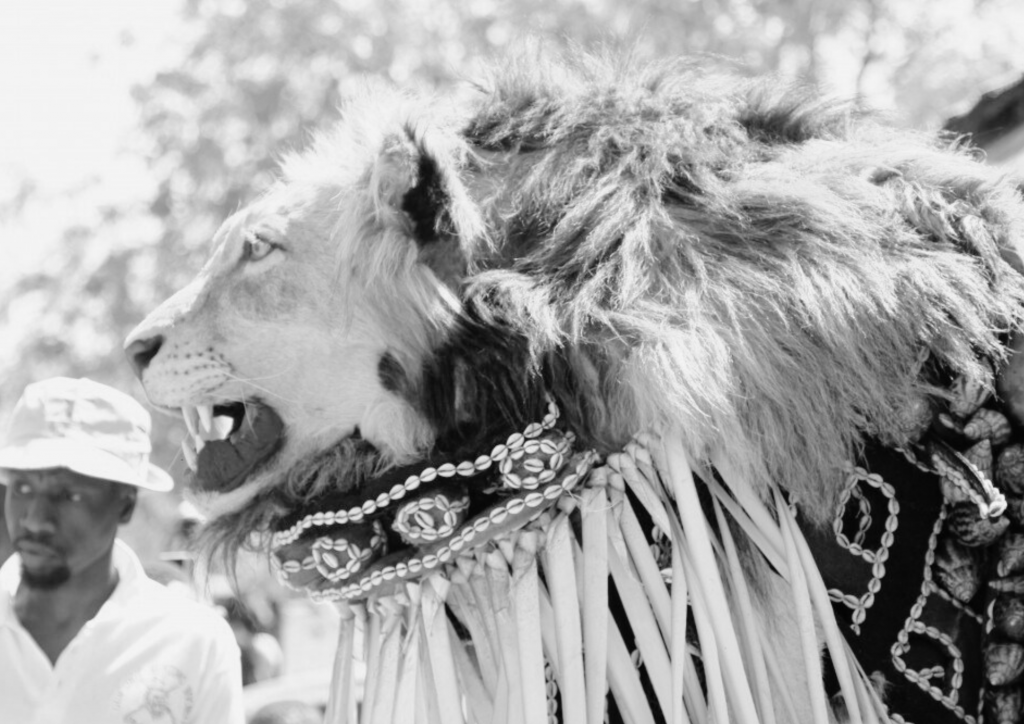Festival Management Training in The Gambia
Over 16th and 17th of October, 27 participants from 10 institutions across Gambia joined us for the Festival Management and Operations Training. The two-day course aimed at enhancing participants’ understanding of essential concepts and practices to create impactful, well-organized, and environmentally conscious festivals that engage and benefit their communities.
It was led by Hanine-K Lakkis, a cultural specialist, events director, and trainer, and Mina Morou, The Gambia Programmes Manager for HERITΛGE.
The training is part of HerMap Gambia, an initiative co-funded by the EU that aims to enrich the understanding and appreciation of Gambian cultural heritage while enhancing the capacity of key stakeholders in the cultural sector. It was developed in direct response to requests from five distinct festival organizing groups seeking our expertise to enhance their event planning and management skills. Recognizing the unique challenges and opportunities within festival management, HERITΛGE designed this program to equip participants with essential skills in festival planning, marketing, operations, safety, and sustainability.
By addressing these core areas, HERITΛGE aims to strengthen the capacity of local actors to create impactful, well-organized, and environmentally conscious festivals that engage and benefit their communities. This tailored approach ensures that participants can meet both their organizational goals and the growing expectations of their audiences.
On the first day, participants from Kankurang, Wassu Stone Circles, Niumi Fort Bullen, Roots, Galloya Street Art Festivals as well as Kubuneh and Galloya Cultural Festivals and National Centre for the Arts and Culture (NCAC), Gambia Tourist Board, the Gambia Youth Chamber of Commerce and independent organizers were instructed in the fundamentals of festivals, including their types, purposes, and impacts, along with detailed guidance on planning aspects such as venue selection, programming, and marketing strategies. On the second, they went over operational considerations, such as risk and crowd management, and sustainable practices to minimize environmental impact.
“I want, on behalf of the National Centre for Arts and Culture, to express our sincere appreciation to the Heritage Management Organization and all the Facilitators for offering this valuable training opportunity to our festival organizers,” said Sanna B. Jarju, Head of the Department for Literature, Performing and Fine Arts of the NCAC.
“The training is done at a time when there are a large number of emerging community-based festivals, most of whom strive for sustainability…Festivals are an important way to safeguard our cultural heritage and enable the attainment of the UN Sustainable Development Goals in The Gambia,” he added.


